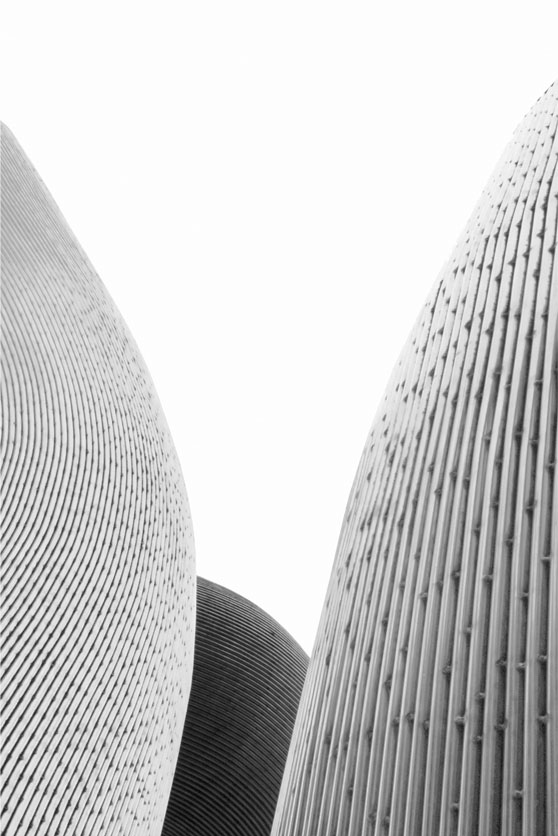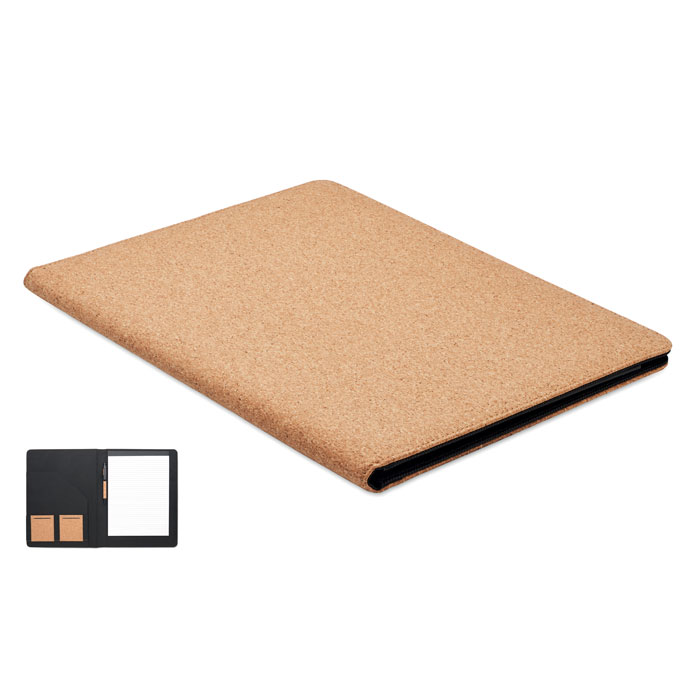Salut les gars, c'est Leïla, suite à ma série de posts informatifs sur les médias sociaux j'ai pensé qu'il serait sympa de vous faire une version étendue de ce que j'ai appris sur ce fantastique matériel que j'ai découvert : le liège ! Lisez jusqu'à la fin pour tout savoir sur ce matériau d'un point de vue durable. J'espère que cela vous plaira.
Le liège, matériau réputé pour ses propriétés écologiques, est dérivé de l'écorce du chêne-liège. Il est très apprécié des consommateurs et des entreprises soucieux de l'environnement en raison de ses caractéristiques renouvelables et durables. Mais si le liège présente de nombreux avantages pour l'environnement, certaines applications présentent des inconvénients qui méritent d'être pris en compte. Examinons les faits pour comprendre tout l'impact du liège sur notre planète.
🌳 Ressource renouvelable
Le liège est récolté à partir de l'écorce des chênes-lièges sans nuire à l'arbre lui-même. Le processus commence lorsqu'un arbre atteint l'âge de 25 ans, ce qui le rend prêt pour son premier abattage. Des récolteurs qualifiés utilisent des outils spécialisés pour retirer soigneusement l'écorce, qui se régénère ensuite, permettant à l'arbre d'être récolté à plusieurs reprises tous les neuf ans pendant une période pouvant aller jusqu'à 200 ans. Cette méthode garantit un approvisionnement durable en liège sans qu'il soit nécessaire d'abattre les arbres, ce qui préserve l'écosystème.
Le chêne-liège (Quercus suber) se trouve principalement dans la région méditerranéenne, le Portugal étant le principal producteur, contribuant à environ 50 % de l'approvisionnement mondial en liège. La capacité de l'arbre à régénérer son écorce en fait une ressource incroyablement durable. Ce processus permet non seulement d'éviter la déforestation, mais aussi de soutenir la biodiversité, en fournissant un habitat à diverses espèces de plantes et d'animaux.
🌍 Impact sur l'environnement
Les forêts de chênes-lièges jouent un rôle crucial dans l'atténuation du changement climatique. Elles contribuent à réduire les niveaux de dioxyde de carbone, l'Association portugaise du liège estime qu'elles stockent environ 14 millions de tonnes de CO₂ par an. En outre, les arbres à liège agissent comme une barrière contre la désertification, empêchant l'extension des déserts en Europe. Ce service environnemental souligne l'importance de la protection et du maintien des forêts de liège.
En outre, le processus de récolte lui-même est respectueux de l'environnement. Il nécessite un minimum de machines, ce qui réduit les émissions de carbone par rapport à d'autres industries. Le paysage naturel des forêts de chênes-lièges, connues sous le nom de montados, favorise également la conservation des sols et la régulation de l'eau, ce qui renforce encore leur valeur environnementale.
🍾 Polyvalence
Les propriétés uniques du liège en font un matériau très polyvalent. Il est doux, flexible, léger, naturellement hydrophobe et résistant aux moisissures. Ces caractéristiques font du liège un matériau idéal pour un large éventail d'applications :
- Bouchons de vin : L'élasticité et la quasi-imperméabilité du liège en font un matériau idéal pour sceller les bouteilles de vin et en préserver la qualité au fil du temps.
- Revêtements de sol et de mur : Grâce à ses propriétés isolantes, le liège est un excellent matériau pour les revêtements de sol et les revêtements muraux, car il assure une isolation acoustique et thermique.
- Accessoires de mode : Le liège est utilisé pour fabriquer des sacs à main, des chaussures et d'autres articles de mode en raison de sa texture unique et de son aspect écologique.
- Décoration intérieure : Des abat-jour aux sous-verres, les qualités esthétiques et fonctionnelles du liège en font un choix populaire pour les produits de décoration intérieure.
♻️ Recyclable et biodégradable
L'une des caractéristiques les plus convaincantes du liège est sa recyclabilité et sa biodégradabilité. Le liège peut être entièrement recyclé et transformé en de nombreux produits, tels que des chaussures, des tapis et des abat-jour. Il faut toutefois faire attention aux articles en liège peints ou collés, qui peuvent libérer des substances toxiques lors de la décomposition et ne doivent pas être placés dans les piles de compost.
Le recyclage du liège consiste à le broyer pour en faire des granulés, qui peuvent ensuite être utilisés dans diverses applications. Des organisations telles que ReCork ont mis au point des systèmes permettant de recycler efficacement le liège, en transformant les bouchons de vin en alternatives durables telles que des blocs de yoga, des chaussures et même des coussins de traction pour planches de surf.
🌱 Soutenir les communautés locales
La production de liège profite de manière significative aux communautés locales, en leur offrant des opportunités d'emploi et en préservant les pratiques traditionnelles de récolte. En soutenant l'industrie du liège, les consommateurs contribuent au bien-être économique de ces communautés et aident à maintenir le patrimoine culturel associé à la production de liège.
Au Portugal et en Espagne, la récolte du liège est un mode de vie, transmis de génération en génération. Elle soutient les économies rurales et contribue à maintenir le tissu social de ces régions. L'industrie promeut également des pratiques commerciales équitables, en veillant à ce que les travailleurs reçoivent des salaires corrects et travaillent dans de bonnes conditions.
❌ Considération : Recyclabilité limitée
Malgré les nombreux avantages du liège, sa recyclabilité peut être limitée lorsqu'il est utilisé dans certains produits ou textiles. Les articles collés avec des colles spéciales peuvent être difficiles ou impossibles à recycler efficacement, ce qui souligne la nécessité d'une conception réfléchie des produits et de pratiques de fabrication durables au sein de l'industrie du liège. Les bacs de recyclage ordinaires ne sont peut-être pas équipés pour traiter tous les produits en liège, mais des programmes spécialisés comme ReCork garantissent que le liège peut être réutilisé de manière responsable.
Il faut également tenir compte de l'énergie nécessaire à la transformation du liège en divers produits. Si le processus de récolte a peu d'impact, la fabrication et le transport des produits en liège peuvent néanmoins contribuer aux émissions de carbone. Il est donc essentiel de prendre en compte l'ensemble du cycle de vie des produits en liège pour garantir leur durabilité globale.
Conclusion
Le liège est sans aucun doute un matériau durable et écologique qui présente de nombreux avantages pour l'environnement et les communautés locales. Sa nature renouvelable, son rôle dans la réduction du dioxyde de carbone, sa polyvalence et sa recyclabilité en font un excellent choix pour les consommateurs soucieux de l'environnement. Toutefois, il est essentiel de rester conscient des limites du recyclage de certains produits en liège et de soutenir les initiatives qui encouragent les pratiques durables dans l'industrie du liège. En faisant des choix éclairés, nous pouvons continuer à profiter des avantages du liège tout en minimisant son impact sur l'environnement.
Soutenir les produits en liège, c'est contribuer à un cycle durable qui profite à notre planète et aux personnes qui dépendent de cette incroyable ressource. La prochaine fois que vous choisirez le liège, n'oubliez pas l'impact profond de votre choix sur l'environnement et les communautés locales.







Le liège : Le choix écologique avec quelques considérations